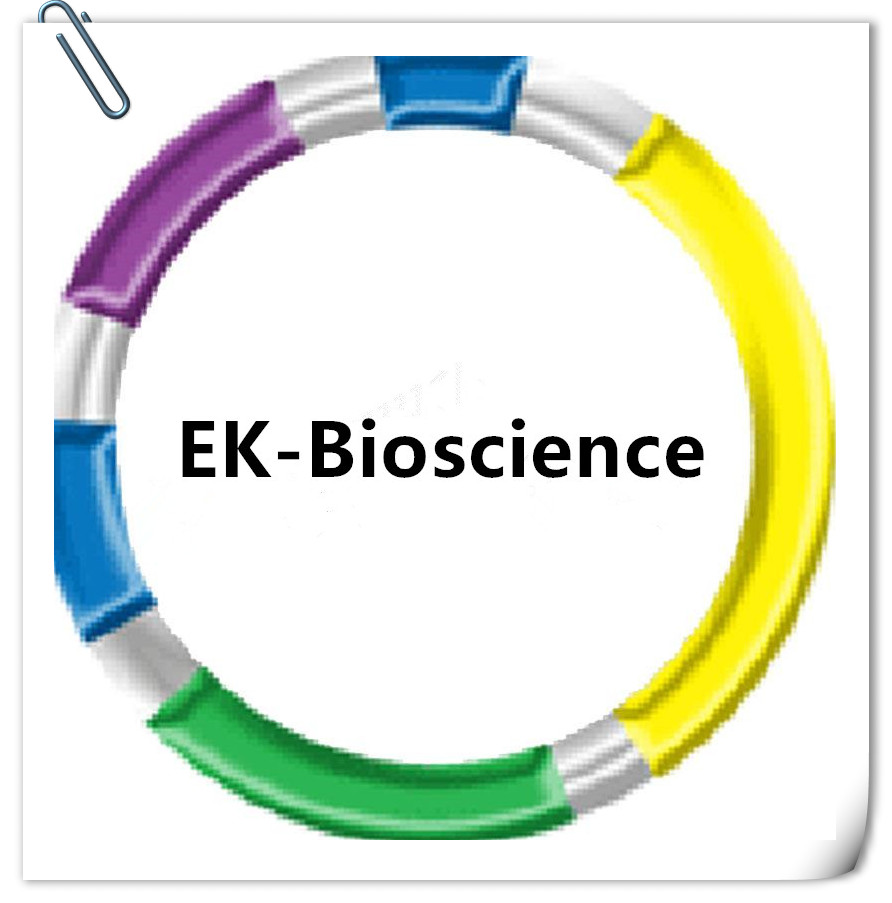
|
品牌 |
酶研生物 | |||||||||||||||
货号 |
MY1656 | |||||||||||||||
规格 |
2ug | |||||||||||||||
价格 |
询价 | |||||||||||||||
货期 |
现货 | |||||||||||||||
The pCMV-BD and pCMV-AD vectors are designed for the construction and expression of gene fusions with the GAL4 DNA binding domain and NF-κB transcriptional activation domain, respectively. The pCMV-BD vector contains DNA encoding amino acids 1–147 of the GAL4 gene (DNA binding domain)2 and unique 3′ cloning sites. It is used for the construction of bait plasmids containing a DNA insert encoding a bait protein. The pCMV-AD vector contains DNA encoding the nuclear localization sequence (NLS) from SV40 large T-antigen (PKKKRKV), amino acids 364–550 of the mouse NF-κB gene (transcriptional activation domain)3 and unique 3′ cloning sites. It is used for constructing a target plasmid containing a DNA insert encoding the interacting proteins. Both pCMV-BD and pCMV-AD contain the pUC origin for replication in E. coli. The pCMV-BD vector contains the kanamycin-resistance gene and the pCMV-AD vector contains the ampicillin-resistance gene. The constitutively-active cytomegalovirus (CMV) promoter governs the expression of the bait and target proteins in the pCMV-BD and pCMV-AD vectors. The SV40 poly (A) provide the signals necessary for transcriptional termination and polyadenylation of the bait and target genes in mammalian cells.
|
|
|||||||||||||||










